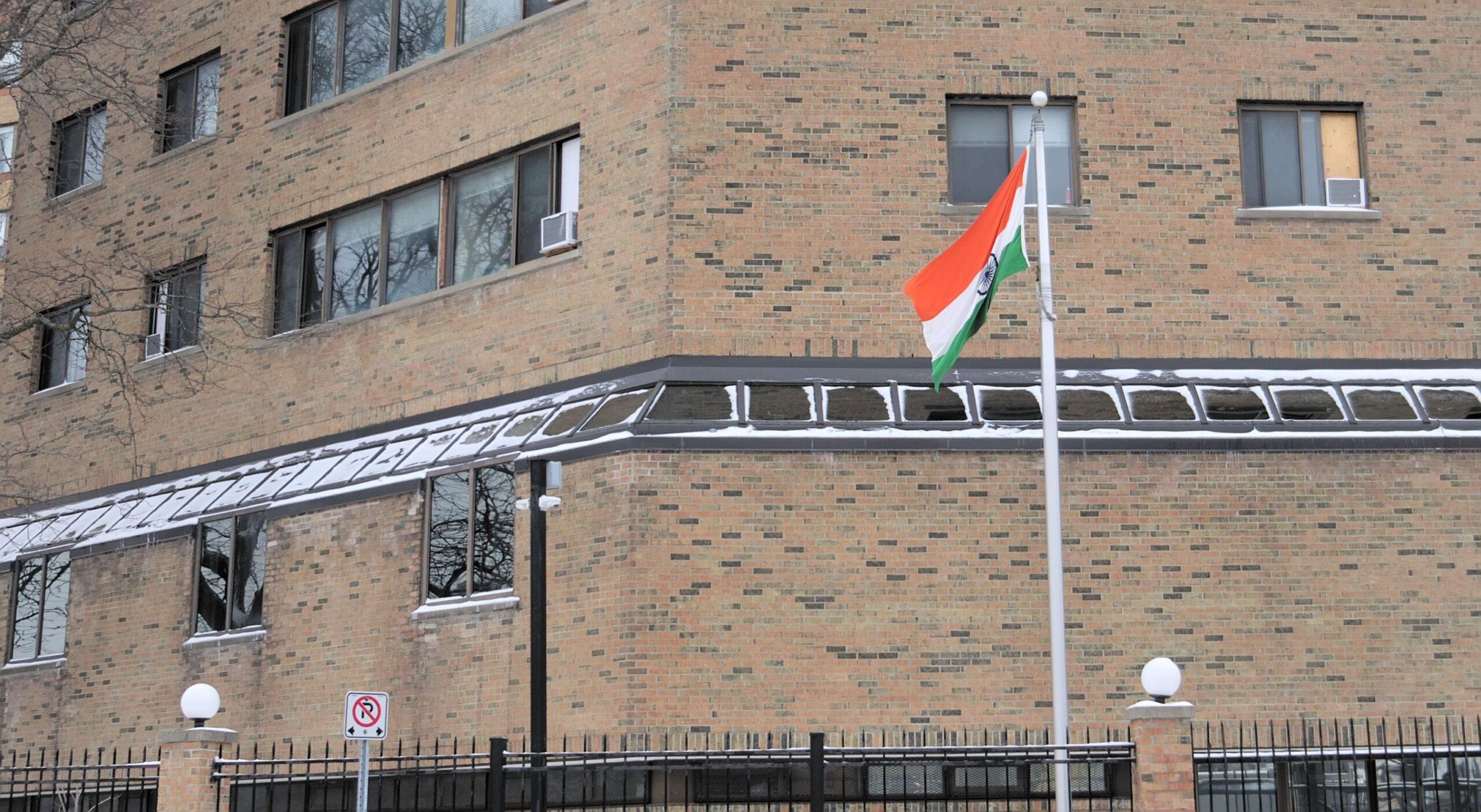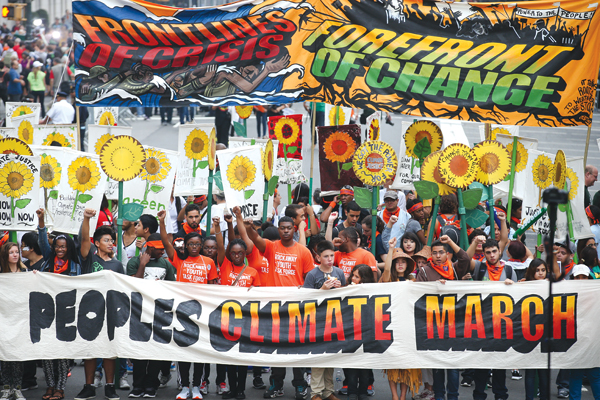New laws announced as India-Canada tensions continue boiling
OTTAWA, Jan 22 — The government of Canada announced cuts to new international student permits by 35 per cent for the next two years. Immigration Minister Marc Miller said the move would allow the government to address “bad actors” taking advantage of international students. The decision comes after a strain in relations between Canada and India, which accounted for 41 per cent of all student visas in 2022.
Indians have formed the largest group of international students in Canada in recent years. However, diplomatic relations between the two countries have deteriorated since the Trudeau government’s accusation that the Indian government was involved in the assassination of Sikh separatist, Hardeep Singh Nijjar.
Canada promptly removed 41 diplomats from India following the accusation. Study permits for Indians then fell 86 per cent in the fourth quarter of 2023. India resumed Canadian visa services in October 2023 with high commissions.
International students bring in $22 billion annually to Canadian post-secondary institutions. As a result, universities and colleges in Canada have consistently been increasing international enrolment as a means to increase revenue.
A 2022 auditor general’s report saw international students paying 45 per cent of tuition in Ontario Universities from 2017-2021. Meanwhile, international enrolments at colleges grew a staggering 342 per cent.
The decrease in international students will have colleges and universities hard-pressed to find different revenue streams. The University of Ottawa is planning to increase international tuition by 5.5-7 per cent per year. Reports indicate that institutions such as Queen’s University are already facing financial difficulties, putting the future of their arts and science faculties in jeopardy.
This is at a time of immense economic stress for Canada, with housing, healthcare, and social services being exhausted past their limit. International students are often at the forefront of these crises, experiencing a stark difference from what they were told about life in the West.
Retail and food industries fear the cuts will result in a labour shortage. Immigration drives the Canadian economy, accounting for almost 100 per cent of Canada’s labour force growth.
Despite this, some Canadians feel the country does not have the appropriate infrastructure to support the amount of people coming in.
Work permit accessibility makes Canada an ideal destination for international students. The demand has generated an industry of “fly-by-night” universities that extort international students with extremely high tuition fees. The government intends to introduce measures to address this issue.
Miller announced that from September 1, 2024, post-graduate work permits will be unavailable for public-private institution models. Describing some of these institutions as “the diploma equivalent of puppy mills.”
Miller noted that no policy change can be a one-size-fits-all solution to Canada’s current economic state.





